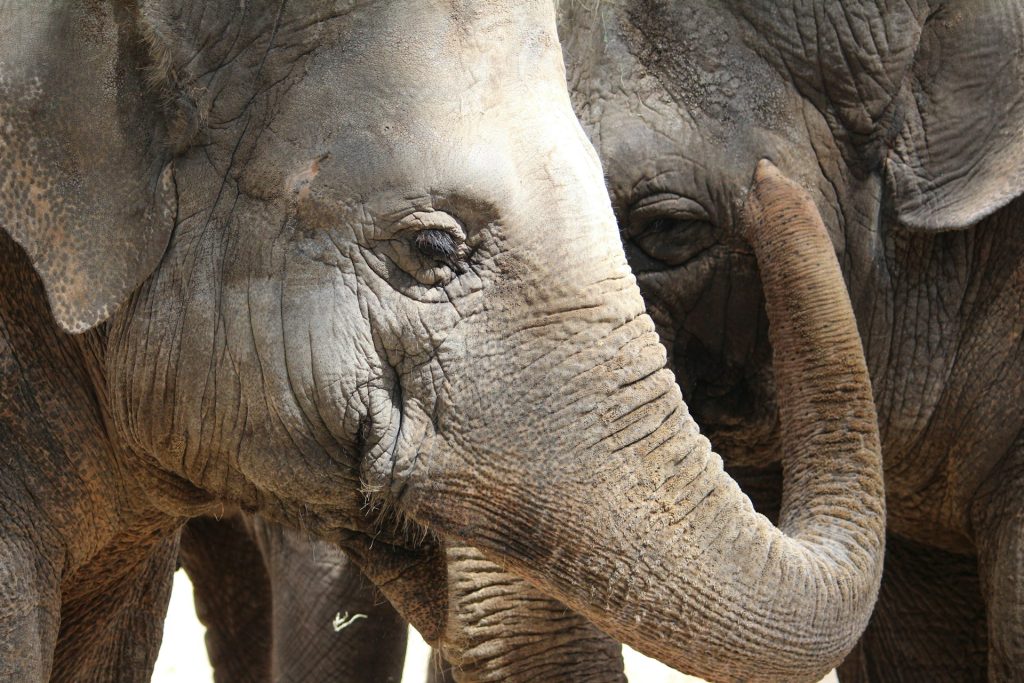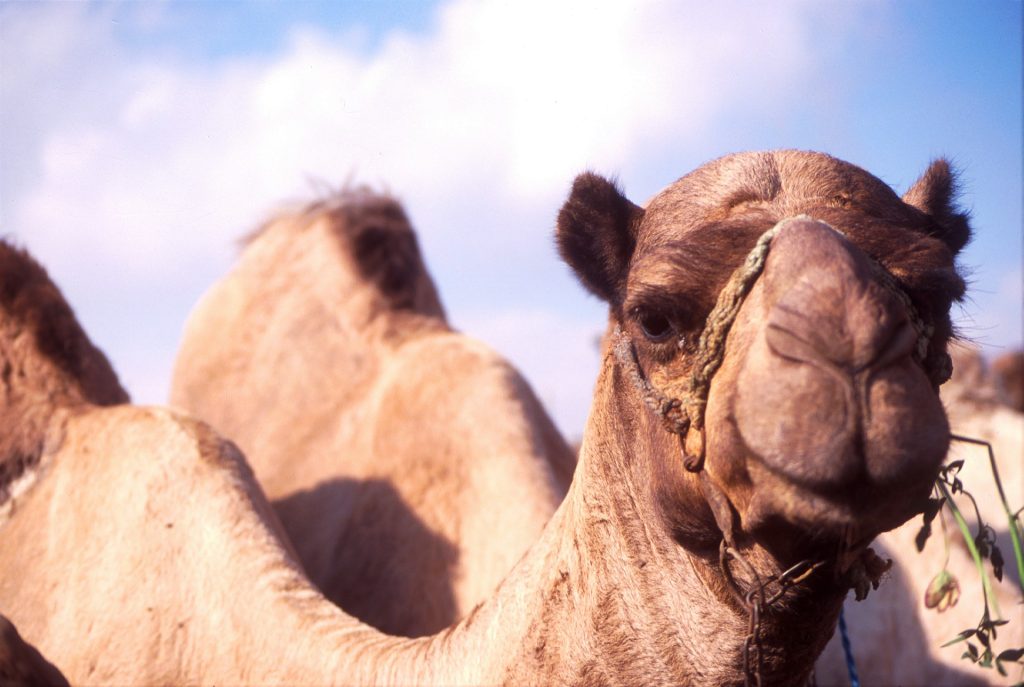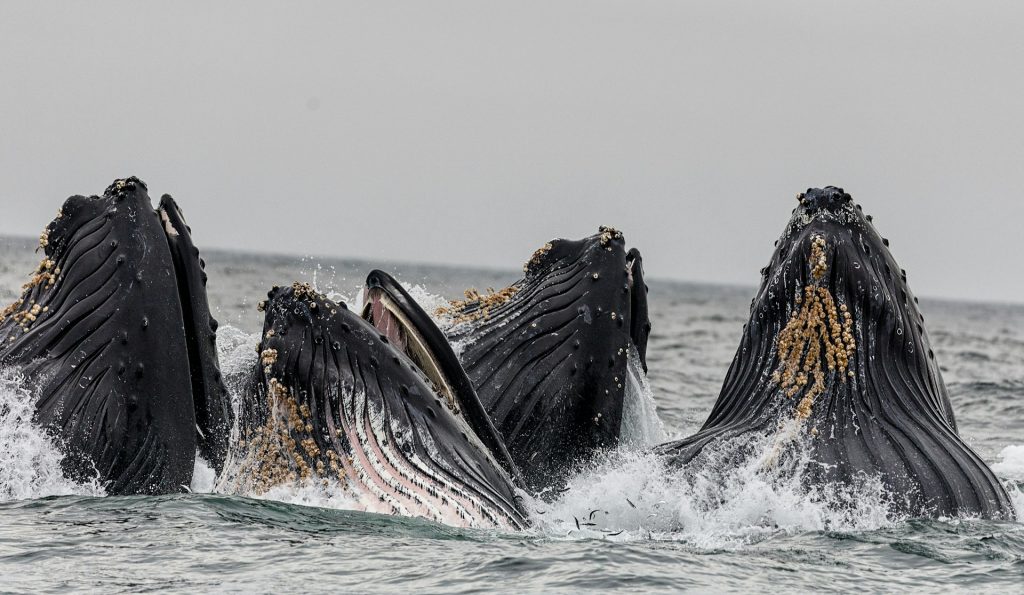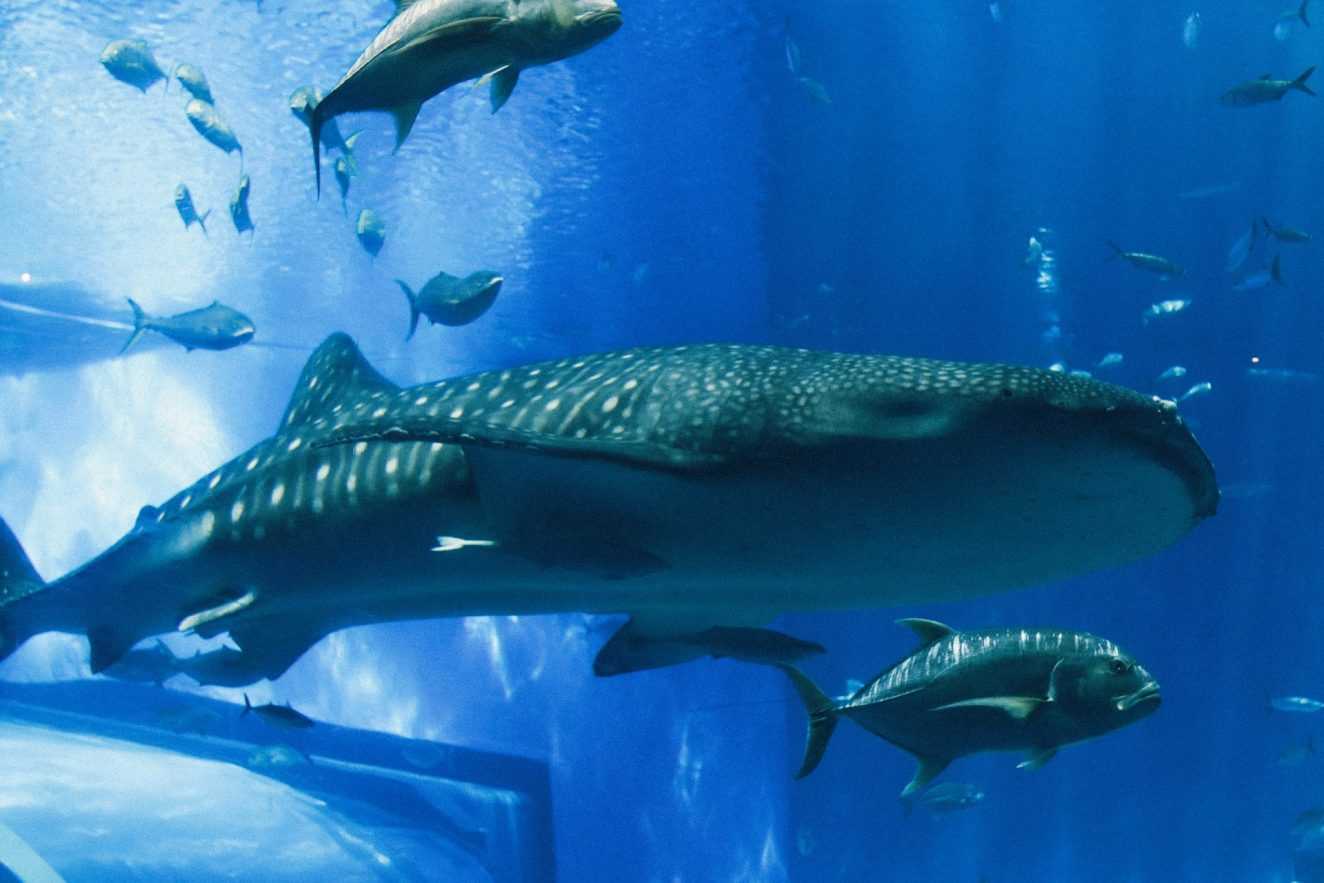When you think of pregnancy, you probably picture something like the nine months humans go through. But in the wild, it can be a whole different story! Some animals have pregnancies that are far, far longer than what we’re used to, lasting months or even years. So, buckle up, because we’re about to take you on a journey through the wild side of maternity, featuring eight animals with the longest pregnancies in the animal kingdom. You won’t believe how long these creatures wait to welcome their little ones!

1. Elephants: The 22-Month Maternity Marathon
Elephants are the undisputed champions of long pregnancies. Imagine being pregnant for almost two years! Yes, that’s right—22 months is the typical gestation period for an elephant, the longest of any land animal. But there’s a good reason for this extended timeline: elephant calves are massive! They weigh over 200 pounds at birth and need plenty of time to develop in the womb. The long pregnancy also allows their brains to grow and mature, which is vital for their survival in the wild.
Elephants are also known for their strong family bonds, and they have to be. Raising a 200-pound newborn in the wild isn’t easy! The entire herd helps take care of the calf, ensuring it gets the best start in life.
2. Alpine Salamanders: 2-3 Years in the Mountains
While most amphibians lay eggs, the alpine salamander is different. These tiny mountain dwellers give birth to live young after a whopping 2 to 3 years of pregnancy. Found in the European Alps, these salamanders have adapted to harsh, cold environments where slow and steady wins the race. Their babies are born fully formed and ready to face the world, thanks to their extra-long time in the womb.
It’s incredible to think that these little creatures spend years developing inside their mother before taking their first steps (or slithers) into the alpine wilderness!
3. Whale Sharks: 3.5 Years in the Big Blue
Next up, we have the whale shark, the largest fish in the ocean and a contender for one of the longest gestations in the animal kingdom. Female whale sharks carry their young for around 3.5 years before giving birth to up to 300 pups. Talk about a big family!
What’s even more fascinating is that whale sharks are ovoviviparous, meaning their babies hatch from eggs inside the mother, then come out fully developed. These gentle giants roam the oceans, and their extended pregnancy helps ensure their pups are strong enough to survive the deep blue from day one.
4. Camels: 13-15 Months in the Desert
The desert’s “ships,” camels, are no strangers to long hauls, and their pregnancies are no different. Dromedary and Bactrian camels both endure a 13-15 month gestation period. Why so long? These hardy animals live in some of the harshest environments on Earth, and their babies need to be tough enough to survive from the moment they’re born.
Camel calves are born well-developed, with strong muscles and thick skin, ready to handle the scorching desert heat or freezing cold nights. After all, in the desert, it’s survival of the fittest, and these little camels hit the ground running—literally.

5. Giraffes: 15 Months of Towering Expectations
Giraffes may be tall, but their pregnancies are just as impressive. A giraffe’s gestation lasts around 15 months, and for good reason: baby giraffes are born standing at about 6 feet tall! That’s a lot of growing to do inside mom’s belly.
The long pregnancy ensures that giraffe calves are born with strong legs and a good sense of balance. This is crucial for survival on the savannah, where predators lurk. Within hours of birth, these leggy newborns can run alongside their mothers, a critical adaptation in the wild.
6. Black Rhinos: 15-16 Months of Patience
The critically endangered black rhinoceros doesn’t just face threats from poaching—it also has one of the longest pregnancies among land animals. Black rhinos carry their calves for 15-16 months before giving birth to a single baby. The extended pregnancy allows the calf to develop the strength and resilience it needs to thrive in its African habitat.
Rhino calves are born weighing around 80 pounds and are completely dependent on their mothers for the first few months. Despite their slow reproduction rate, conservation efforts are underway to protect these magnificent creatures and their precious babies.
7. Orcas: 17 Months of Ocean Nurturing
Orcas, or killer whales, are known for their intelligence and tight-knit family groups, so it’s no surprise that they invest a lot in their offspring. Orca pregnancies last about 17 months, giving birth to calves that weigh up to 400 pounds at birth.
These social animals live in pods, and just like elephants, the entire family helps raise the young. The extended gestation period allows orca calves to develop the skills they need to navigate the ocean, hunt for food, and integrate into their pod’s complex social structure.
8. Sperm Whales: 14-16 Months in the Depths
Rounding out our list is the sperm whale, another marine giant with a long pregnancy. Female sperm whales carry their young for 14-16 months, giving birth to calves that are around 13 feet long. These calves need to be strong swimmers from birth, as sperm whales are known for their deep dives, sometimes reaching depths of over 7,000 feet!
Sperm whales are found in oceans all around the world, and their long pregnancies ensure that their babies are well-equipped for life in the vast, often unforgiving ocean.
Why Do Some Animals Have Long Pregnancies?
So, why do these animals have such long pregnancies? The answer lies in a combination of factors, including size, intelligence, and environment. Larger animals often require longer gestations because their offspring need more time to develop fully inside the womb. For creatures like elephants and whales, this is particularly important, as their babies are born large, strong, and ready to face the challenges of life.
Additionally, animals with complex social structures, such as orcas and elephants, benefit from longer pregnancies, which allow their young to develop the brains they need to navigate these intricate societies.
The Shortest Pregnancy
On the flip side, some animals have incredibly short pregnancies. The stripe-faced dunnart, a small marsupial from Australia, holds the record for the shortest gestation period, at just 11 days! Talk about a speedy delivery.

Whether it’s a 22-month elephant pregnancy or a 2-year alpine salamander ordeal, long gestations are just one of the many wonders of the animal kingdom. These remarkable pregnancies ensure that newborns are strong, capable, and ready to take on the world—no matter how big or small they are. So, next time you think nine months is long, just remember: in the wild, patience is key!





